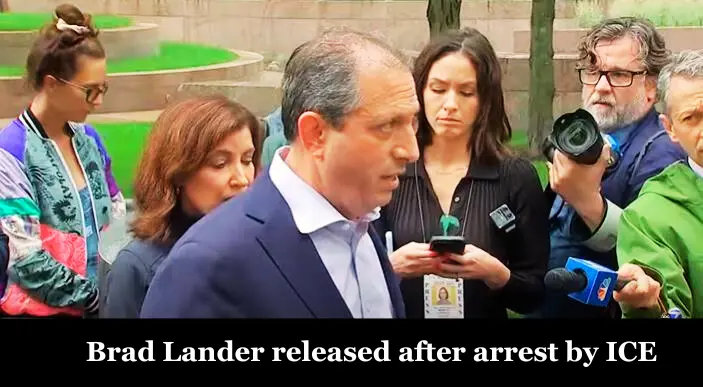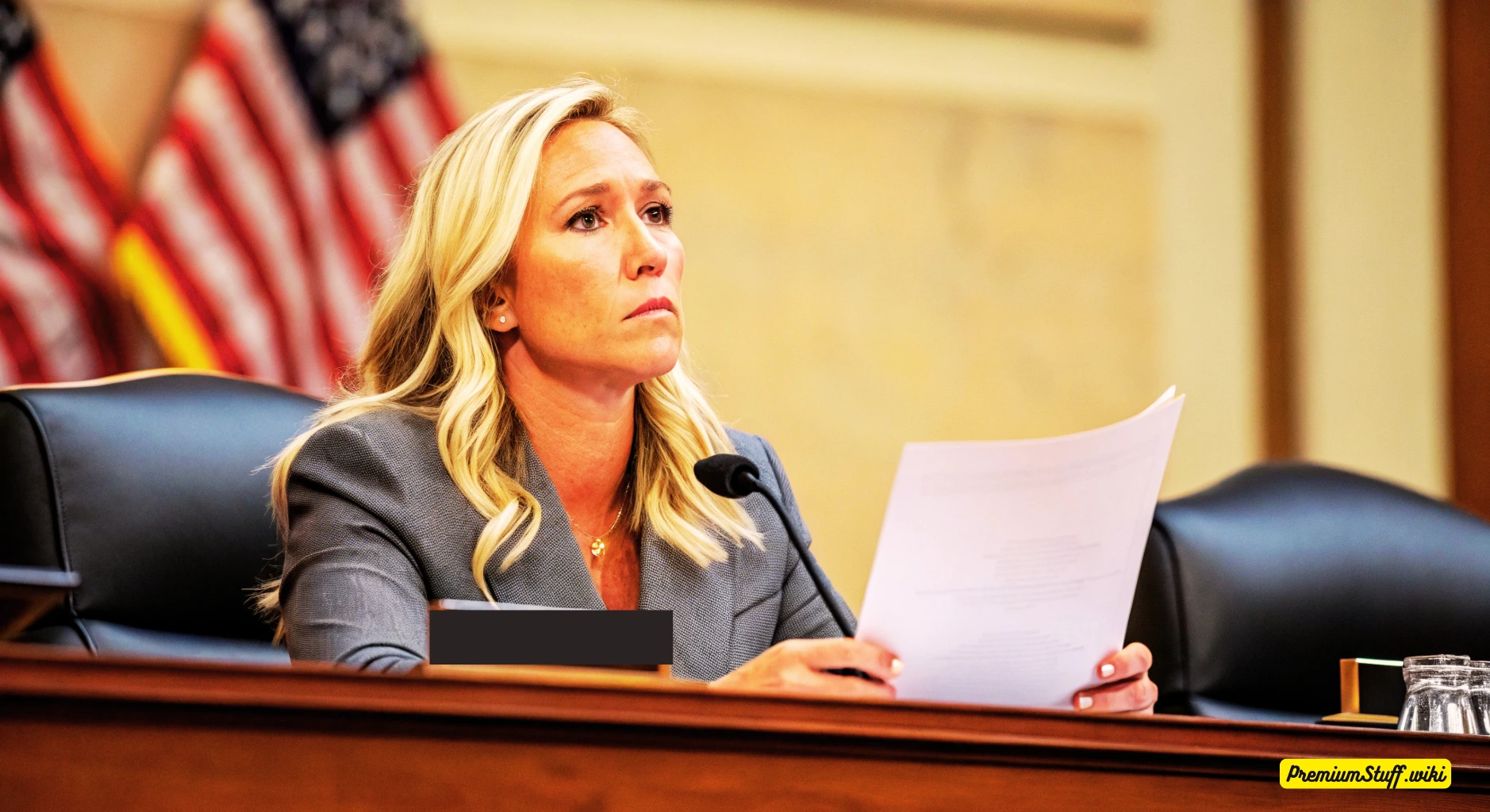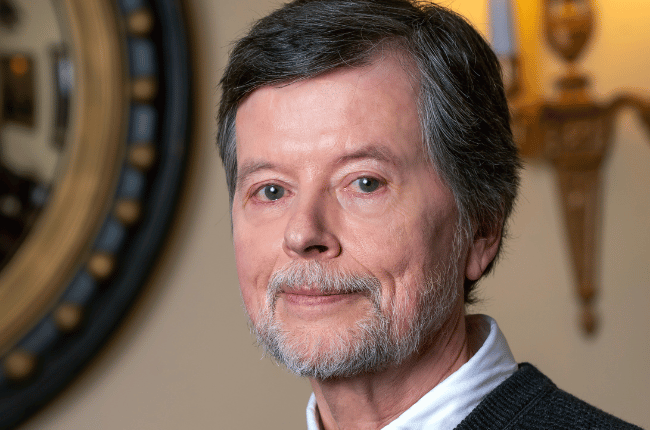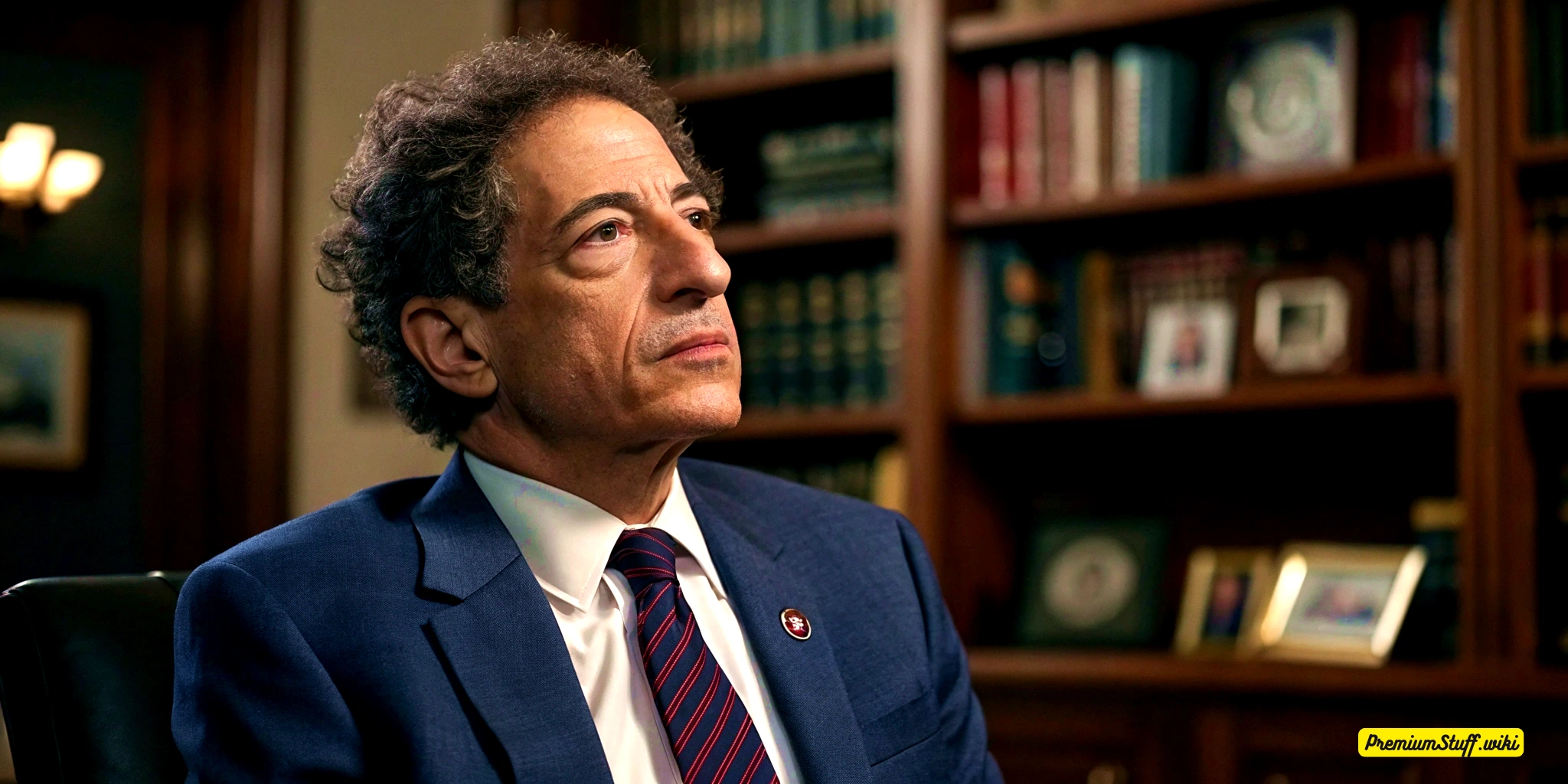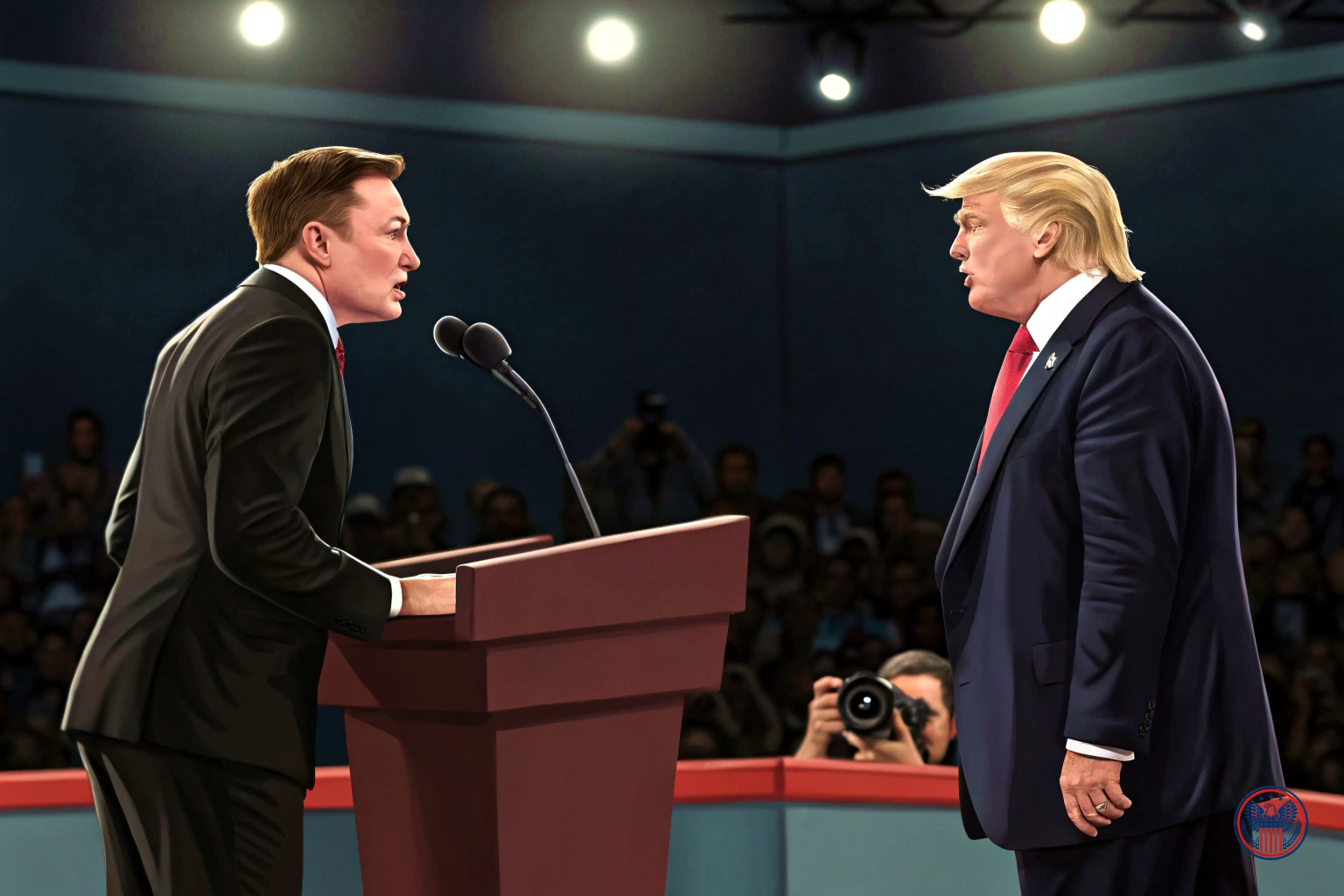Lisa Murkowski Breaks Silence: ‘We Are All Afraid’ in Trump’s America’
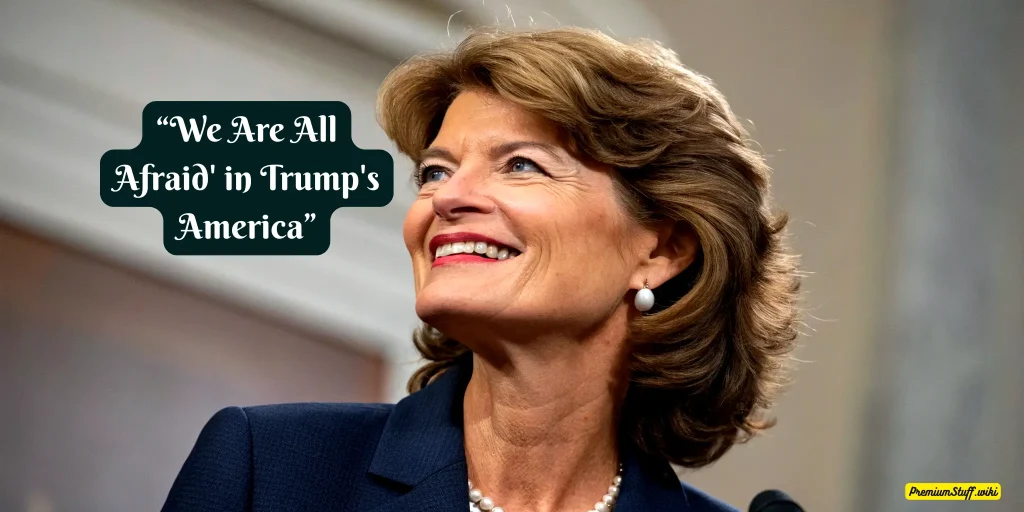
WASHINGTON, D.C. — June 14, 2025 — Senator Lisa Murkowski (R-Alaska) has emerged as one of the most vocal Republican critics of former President Donald Trump’s second administration, publicly condemning recent authoritarian tactics while revealing pervasive fear among GOP lawmakers. In a series of candid remarks across Alaska and Washington, Murkowski denounced the forcible removal of Senator Alex Padilla (D-CA) from a Homeland Security press conference as “shocking” and “not the America I know,” referencing videos showing Padilla—attempting to question Secretary Kristi Noem about immigration enforcement—pushed to the ground and handcuffed by security . The Department of Homeland Security claimed Padilla “lunged” toward Noem without identifying himself, but Murkowski’s rebuke amplified bipartisan concerns about escalating suppression of dissent.
Behind her public defiance, however, lies palpable anxiety. At an Anchorage leadership summit in April, Murkowski stunned attendees by confessing, “We are all afraid,” adding, “Retaliation is real. I’m oftentimes very anxious about using my voice” . She cited Trump’s history of targeting critics—including branding her “unbelievably disloyal” and backing primary challengers—and acknowledged threats to her career. This admission reflects intensifying pressure on Republican dissenters; the Club for Growth recently launched ads pressuring her to support Trump’s tax agenda, declaring, “It’s in Lisa Murkowski’s hands to stop [tax hikes] by extending Trump’s tax cuts” .
Murkowski’s policy battles underscore her precarious position. She opposes House Republican efforts to impose stringent work requirements and slash $880 billion from Medicaid, warning it would devastate Alaska, where 24% of adults and 40% of children rely on the program . She also condemned Trump’s abrupt termination of Temporary Protected Status for Afghan refugees as a “historic betrayal,” co-writing a protest letter to Homeland Security . Meanwhile, she fights tariff escalations with China, noting they threaten Alaska’s seafood exports, and resists federal layoffs—texting Commerce Secretary Howard Lutnick to plead for National Oceanic and Atmospheric Administration (NOAA) staff essential for fisheries management .
Alaska’s unique dependence on federal funding (37% of its budget) has turned Murkowski into a “one-woman lobbyist” against cuts. She secured $8 billion from Biden-era infrastructure laws—now frozen by Trump—and battles to preserve grants for tribal nonprofits, AmeriCorps, and Head Start . “It’s head-spinning,” she told Alaskans. “When you’ve made progress on one anxiety-inducing issue, another emerges” . Her advocacy extends to institutional safeguards: she accused Trump of unlawfully withholding congressionally approved funds and warned that attacks on the judiciary put America in “a very dangerous place” by eroding the rule of law .
Amid these clashes, Murkowski channels constituent fears into action. She urges Alaskans to “keep calling, emailing, and using social media” to protest policies, stressing, “As soon as you stop speaking up, lawmakers think you’re OK with things” . Her forthcoming memoir, Far From Home: An Alaskan Senator Faces the Extreme Climate of Washington, D.C. (June 25 release), details her resistance to Trumpian politics . Yet even as she prepares for a Washington book event, Murkowski balances defiance with realism: “It may be that Elon Musk takes his next billion from Starlink to use against me. But I’m not giving up one minute to stand up for Alaska” .
Despite the tumult, Murkowski accepted an appointment to the U.S. Semiquincentennial Commission, planning the 2026 250th anniversary of American independence—a role emphasizing national unity amid division . Her trajectory encapsulates the Republican Party’s fault lines: a senator once buoyed by a write-in campaign victory now navigates a landscape where fear silences colleagues. As military parades mark Trump’s birthday and protests grip cities, Murkowski’s voice—anxious but unyielding—signals both the peril and necessity of dissent in contemporary America


